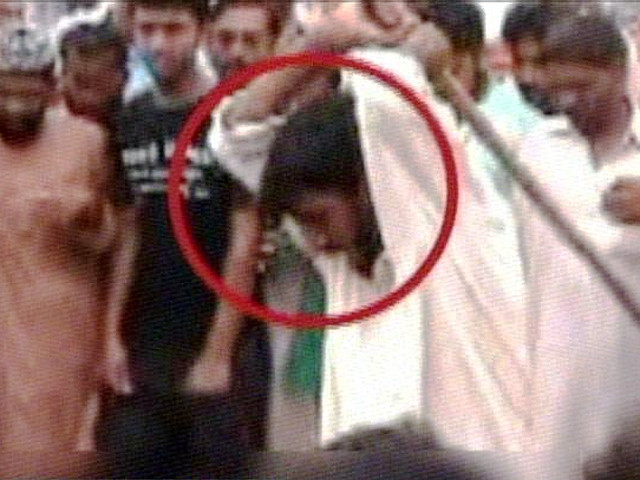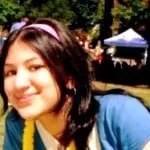The recent trend of Pakistanis lambasting the entire nation for the tragic events that transpired in Sialkot is getting old already. It is true that when public lynching becomes possible, even probable, a country is in a sorry state. It is also true that events such as these should inspire, outrage and force us to question who we have collectively become.
Similarly, we need to keep in mind that thanks to the global trend of hating this country and everything to do with it, we are in a position where most Pakistanis have become aware that nobody can help us as much as we can help ourselves. While some indulge in newspaper activism and seethe with anger at why we are not all wringing our hands, hanging our heads in shame and crawling into tunnels to die, there are tens of thousands of ordinary Pakistanis risking their lives and livelihoods to reach out to our flood-affected compatriots. There are tens of thousands of volunteers who drive ambulances, distribute food and relief supplies. For every mob that silently watches a crime being committed, there is another mob that will stand on the street and protest it, however futile they know it will be.
Yes, we should be ashamed today of the crimes we let happen. We should also be ashamed that we consciously edge out the unsung heroes that prevent this nation from imploding to indulge in seriously passé government-bashing.
Today, crisis after crisis is encouraging (most of) us to put aside our petty, badly-considered ideas and work towards a Pakistan that people will not be applauded for brushing aside in disgust. While myopia might prevent some from seeing it, every young Pakistani I know has done something for their country this week, whether it is Facebook activism, going to Peshawar to work with displaced people, calling attention to the plight of minorities or spending their savings on medical supplies for the needy.
Perhaps what Pakistan needs isn’t for all of us to jump in the Indus and commit national suicide but to celebrate and nourish our empathetic, rational side.
The flip side of lynching
For every mob that silently watches a crime being committed, there is another mob that will stand on the street and protest it, however futile they know it will be.



COMMENTS
Comments are moderated and generally will be posted if they are on-topic and not abusive.
For more information, please see our Comments FAQ